Scholar Spotlight - Shoshana Daly

Discover more Scholar Spotlights.
Shoshana Daly, a Laidlaw Scholar at Tufts University, on studying the interaction Between Replication Protein A (RPA), alt-RPA, and the Human Shu Complex.
Research Title:
Characterizing the physical interaction between Replication Protein A (RPA), alt-RPA and the Human Shu Complex.
Our cells are continuously exposed to DNA damage inducing agents but despite this they are able to maintain their genome and function relatively well. DNA damage, when left unchecked can result in cancer, a class of disease widely categorized by uncontrolled cell growth. As a result of the ever present threat of DNA damage, cells have evolved several different DNA repair processes, almost all of which involve Replication Protein A (RPA), the main single-stranded DNA binding protein in Eukaryotes.
However, some of these repair processes do not work at full efficiency in cancer cell lines as a consequence of the overexpression, underexpression, or mutation of specific DNA repair proteins. For this reason, understanding the interactions between RPA and the proteins involved in damage recognition and repair can inform cancer treatments and diagnostics.
This summer I optimized the purification of human RPA and alt-RPA for the future study of its interaction with SWSAP1-SWS1. SWSAP1-SWS1 is a protein complex that functions in RAD51-dependent templated DNA repair. It is both upregulated and mutated in several cancers including breast, ovarian, endometrial and prostate cancers. Moreover, understanding the interaction between SWSAP1-SWS1 and RPA will inform basic mechanistic understanding of this complex, expand our general understanding of the mechanisms involved in RAD51-templated DNA repair and enable future novel treatment strategies for these cancers.
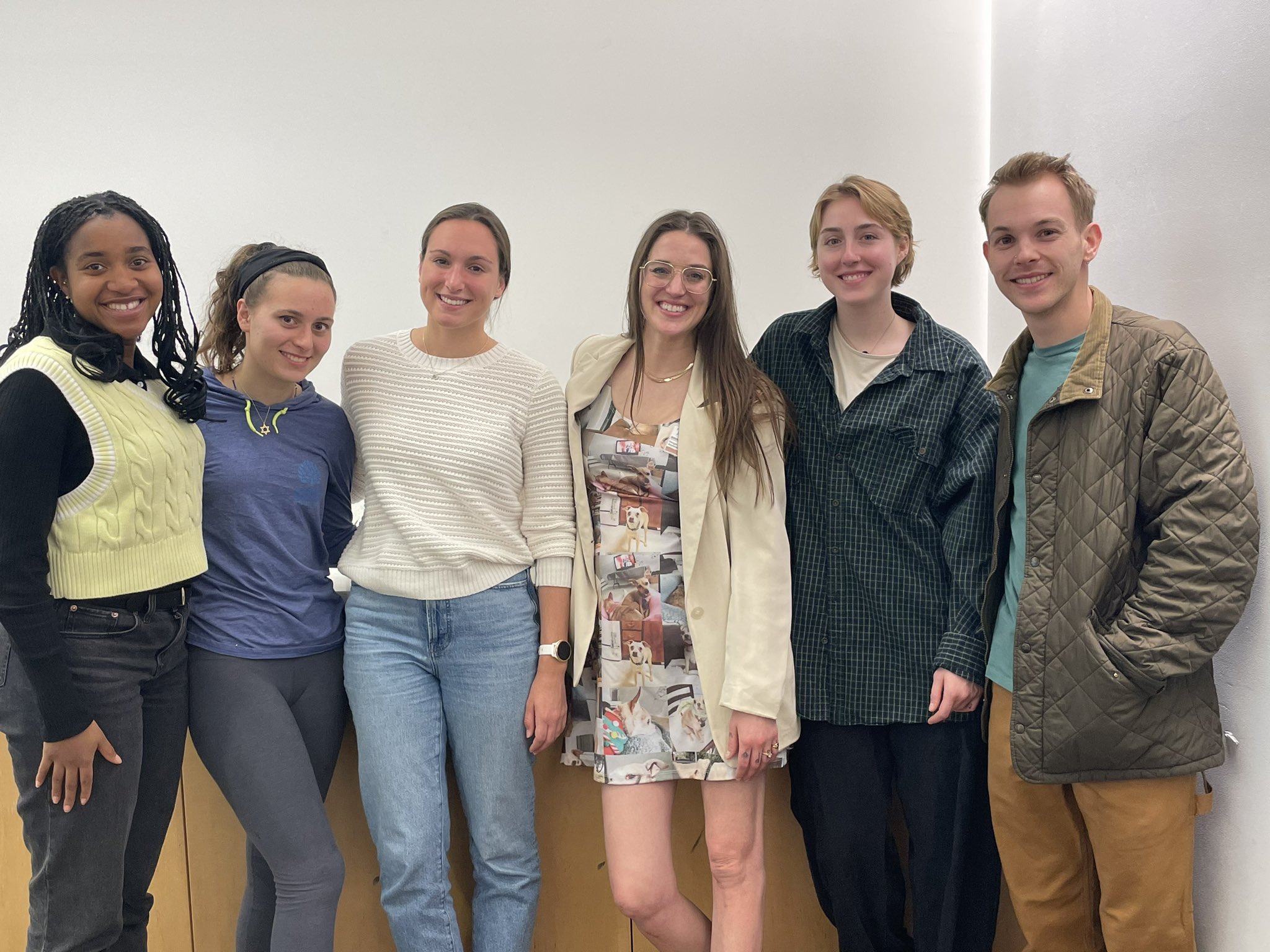 The SRH lab (fall 2023).
The SRH lab (fall 2023). Where did your passion for this research originate?
I was drawn to science from a very young age as a result of my access to nature, my natural curiosity and my exposure to children's science media such as the TV show “Wild Kratts” and the album “Here Comes Science” by They Might be Giants.
My interest in biochemistry emerged a little later: my sophomore year of high school. My school had a 3 year science research program in which students designed and executed independent research projects. At the time, I was very involved in climate activism and I knew that I had an interest in biology and this led me to a project about biofuel production. This project was very much on the chemistry heavy side of biology and it was the first time I really felt urgency and pride for my own science work. It was this project that first made me consider pursuing a biochemistry major in college.
My interest in medicine emerged during the COVID-19 pandemic. In April of 2020, I was so frustrated that I couldn’t do anything to help. I hated watching people suffer, watching nurses and doctors working tirelessly to try and keep the crisis at bay, and it was around this time that I decided I wanted to pursue medicine. I was inspired by those on the front lines and I felt drawn to work in healthcare.
Finally, my interest in oncology is more recent, first emerging in the fall of my sophomore year of college. I don’t entirely know where this passion came from but what I do know is that I am absolutely fascinated by cancer, and reading “The Emperor of All Maladies” by Siddhartha Mukherjee only furthered this interest.
All of these things, science, biochemistry, medicine and oncology, came together to ignite my passion for this research project. I am doing the basic biochemical work of understanding DNA repair processes, but I can directly see the ways in which it could have future implications in our understanding and treatment of certain cancers. This connection, from protein to disease to therapy, the deep connections between science and clinical medicine drives my passion for this project and the reason I want to pursue a career as a physician scientist.
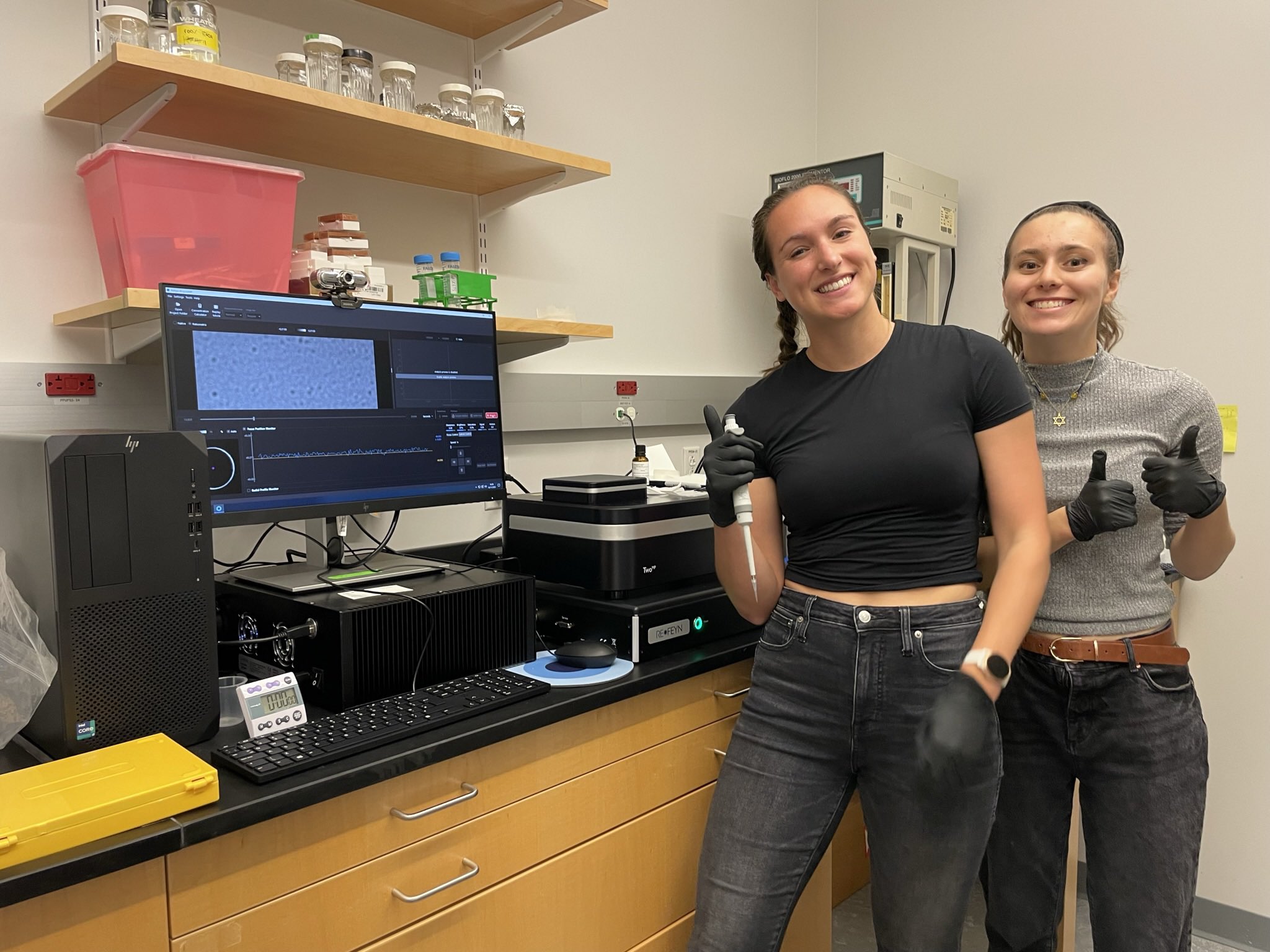 First data in the lab! Featuring my amazing lab mate Maddy Mueller.
First data in the lab! Featuring my amazing lab mate Maddy Mueller.
What will you be doing for your Leadership in Action project next summer?
Next summer I will be working with Partners in Health in Malawi on Tuberculosis (TB) diagnostic and treatment efforts. Many people think that TB is a disease of the past, stuck in the 19th century with writers Henry David Thoreau, Charlotte Bronte, and John Keats. However, unbeknownst to many, it continues to be the leading infectious disease killer across the globe, killing over 1.25 million people in 2023. And the kicker is: this is a CURABLE disease. So why are so many people still dying of this disease? In the world of global health, funding is primarily dictated by entities in the Global North. As a consequence of this Tuberculosis, which primarily impacts low and middle income countries (LMICs) gets forgotten. For years, top health officials at the W.H.O. maintained that fighting TB and drug resistant TB in these “poor” countries was a futile endeavor. Because of this inaction, millions of people have suffered and died needlessly.
Partners in Health (PIH) is an organization that has been a leader in the fight against TB for the past ~35 years. Founded in Haiti in 1987 by Paul Farmer, Jim Yong Kim and Ophelia Dahl, the organization is driven by one central mission: Healthcare is a human right. Next summer, for my LIA, I will be heading to Malawi to work with PIH on a new outreach initiative focused on the screening and treatment of patients in more remote areas. We are asking, how can we meet the patients where they are, spreading awareness, mobilizing screening and supporting those who must undergo treatment. With drug resistant strains of TB on the rise, it is more important than ever to address TB now. In 2024, People should not be dying of curable diseases simply as a result of where they were born and I am proud to have the opportunity to work with this amazing organization and the amazing leaders working to make change.
Which particular leaders inspire you the most and why?
A leader that has made a huge impact on my life is Dr. Paul Farmer. Dr. Farmer is one of founders of Partners in Health and he is considered a giant in the world of Global Health. He believed that everyone had the right to healthcare and that belief drove both is career and life. When policy giants at the W.H.O. argued that treating TB in Haiti was impractical and futile, he did not let it stop him. He continued to treat patients in Haiti and he collected data on everything to provide empirical data that healthcare for the poor was both possible and effective. He pioneered the idea of community health and the accompaniment model, determined to meet patients where they were rather than making them come to him to seek care. Dr. Farmer was radically empathetic, driven, and courageous, all things that I aspire to be as a leader.
If you are interested in learning more about Dr. Farmer, I highly suggest reading his biography Mountains Beyond Mountains by Tracy Kidder.
What does it mean for you to be a Laidlaw Scholar?
For me, being a Laidlaw Scholar is being unabashedly passionate about something and directing that passion towards the pursuit of a better world. Laidlaw scholars have researched and work on a vast array of projects: from healthcare to environmental justice and from politics to computer science, and beyond. For me, my passion is biomedical science, medicine, and healthcare. But no matter what area we focus on, being a Laidlaw scholar means a commitment to using our education, curiosity, and privilege for the benefit of people other than ourselves.
Briefly describe a scene from the future you are striving to create.
In the future I am striving to create, anyone can walk into a hospital or health clinic anywhere in the world and receive high quality healthcare regardless of their ability to pay. In this future, no one is dying of TB or any other curable or preventable disease. I am fighting for a future where we see everyone’s health as something worth investing in, a future in which government can no longer “Play G-d” when it comes to people’s care. The healthcare decisions that a person makes should be between the patient and their doctor, and no one else – not a select few in a meeting room in Switzerland, not some legislator in Washington DC. “My body my choice” applies to so much more than abortion rights. MY BODY MY CHOICE means providing people with access to all services and giving them the agency to decide for themselves what care they would like to receive.
Shoshana's Top Leadership Tips
- Be courageously curious. Ask questions and never stop learning.
- Engage in hard conversations.
- Challenge the status quo.
- Be willing to put in the work. Making change is never easy.
Quick-fire Questions
📺 Currently binging:
<img src="https://images.zapnito.com/uploads/j4cjX1LdQ3aZM0rmoYrn_derry 2.jpeg" alt="" width="150" height="300" "="" style="display: block; margin-left: auto; margin-right: auto;">
📚 My top book recommendation:
An Absolutely Remarkable Thing by Hank Green
<img src="https://images.zapnito.com/uploads/euvbuTRJQyidv1admu5k_24233708.jpg" alt="" width="150" height="300" "="" style="display: block; margin-left: auto; margin-right: auto;">
🎶 My anthem:
🎙️Podcast obsession:
Dear Hank and John by Hank and John Green
<img src="https://images.zapnito.com/uploads/4ikQ82otTcGyJGmksD8P_dear.jpeg" alt="" width="200" height="200" "="" style="display: block; margin-left: auto; margin-right: auto;">
Learn more about:
- Partners in Health at https://www.pih.org/
- and EndTB at https://endtb.org/
Read more about Dr Farmer here:
Mountains Beyond Mountains by Tracy Kidder
<img src="https://images.zapnito.com/uploads/2WvEFTbS5qMtaonUhAiw_mountains .jpeg" alt="" width="150" height="300" "="" style="display: block; margin-left: auto; margin-right: auto;">
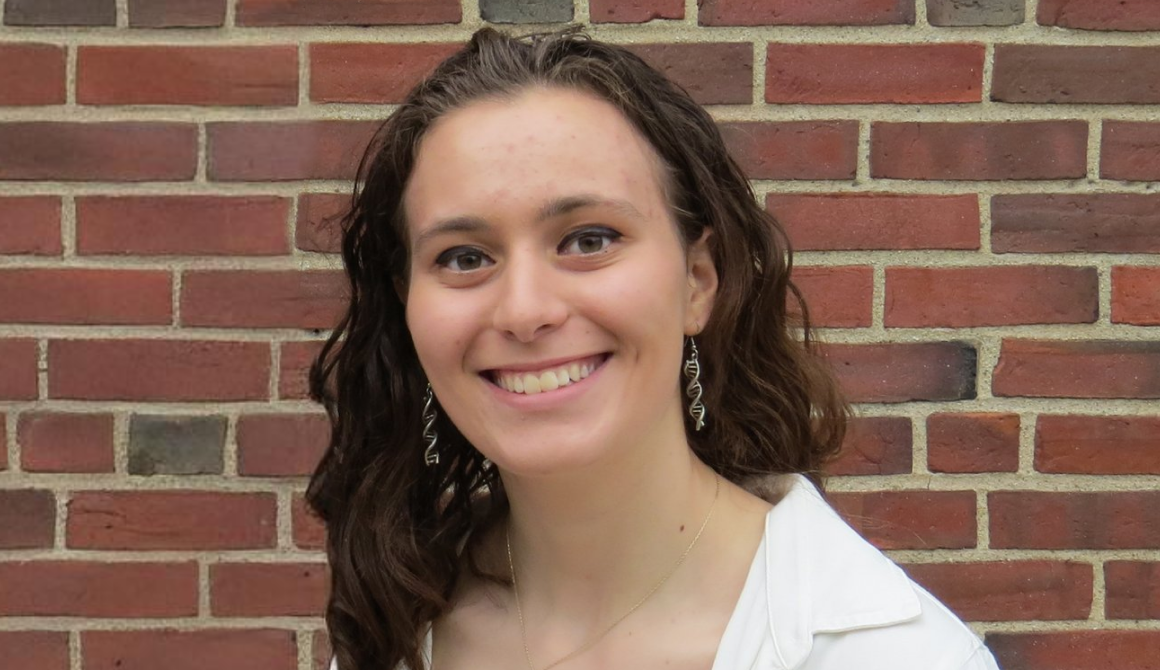
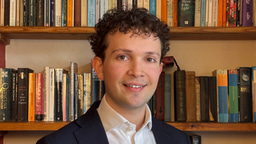
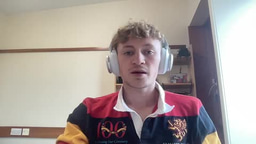
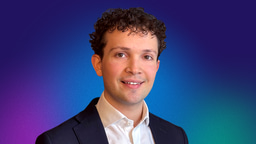
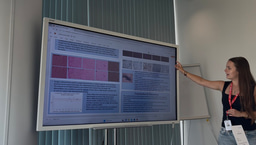
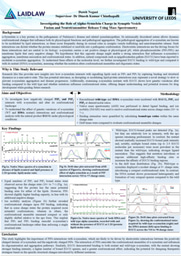
Please sign in
If you are a registered user on Laidlaw Scholars Network, please sign in